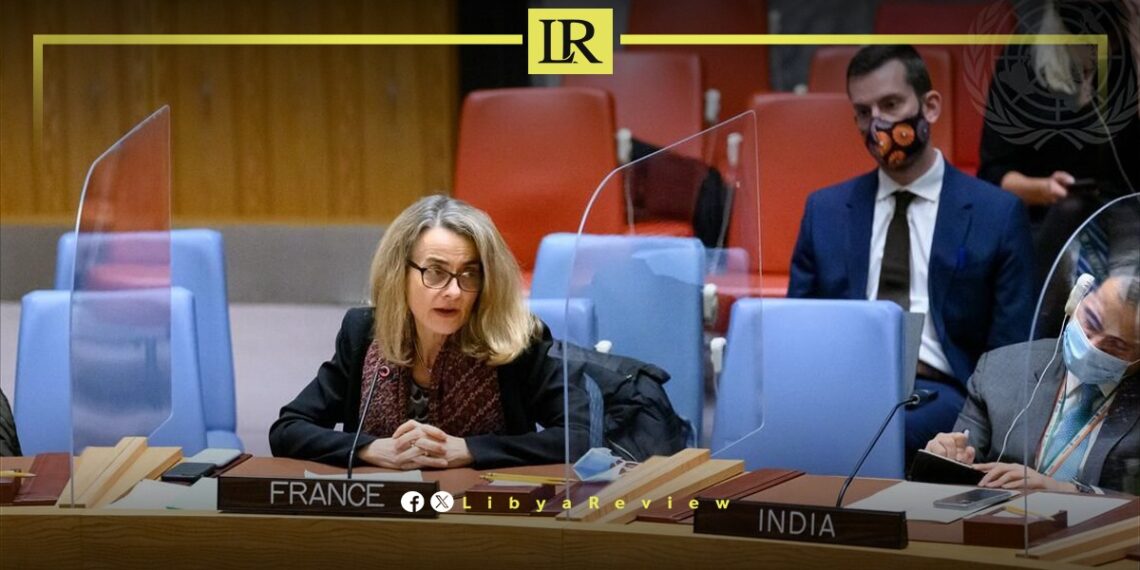On Wednesday, Nathalie Broadhurst, Deputy Permanent Representative of France to the United Nations called for the formation of a unified government in Libya to overcome the current impasse and organize the elections demanded by the Libyan people.
During a session of the UN Security Council, the French envoy emphasized that the UN mission should facilitate dialogue among Libyan parties and work towards unifying the Libyan armed forces. She welcomed the announcement by the Electoral Commission to organize municipal elections in 2024. Nathalie also highlighted that foreign interventions and militias are major contributors to the instability and deterioration of the security situation in Libya.
Libya has been in turmoil since the 2011 NATO-backed uprising that toppled long-time leader Muammar Gaddafi. The country has since been divided into rival administrations in the east and west of the country.
The political landscape in Libya has been further complicated by the presence of various militias and the involvement of foreign mercenaries and fighters. These elements have exacerbated the country’s instability, despite numerous international efforts to broker peace, including the Berlin Conference and the Libyan Political Dialogue Forum (LPDF). A lasting solution has remained elusive.
In recent years, the Libyan economy has suffered significantly due to the ongoing conflict. The blockade of oil facilities and a fragmented national budget have further undermined economic stability. The humanitarian situation has deteriorated, with thousands of Libyans displaced and a significant portion of the population in need of assistance.
The international community continues to call for Libyan-led initiatives to unify the country’s institutions and pave the way for democratic elections. However, achieving stability remains challenging as Libya navigates its complex political and security landscape. The French envoy’s call for a unified government aims to address these issues by creating a stable environment conducive to fair and transparent elections.
Libya’s descent into chaos began after the 2011 civil war, which saw the overthrow and killing of Muammar Gaddafi. Following Gaddafi’s fall, Libya failed to establish a stable central government, leading to a power vacuum filled by rival factions, militias, and extremist groups.


